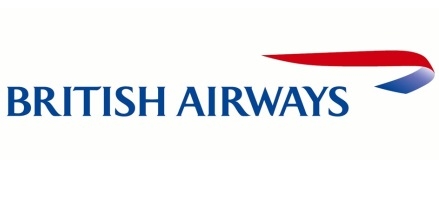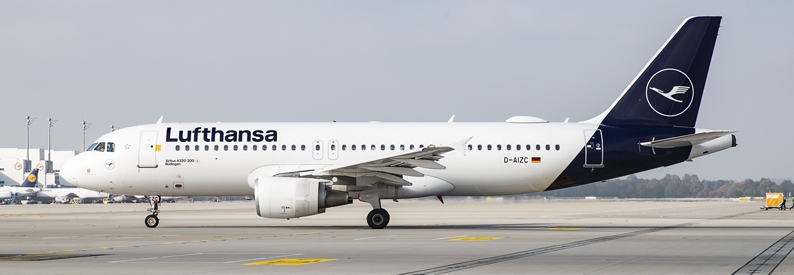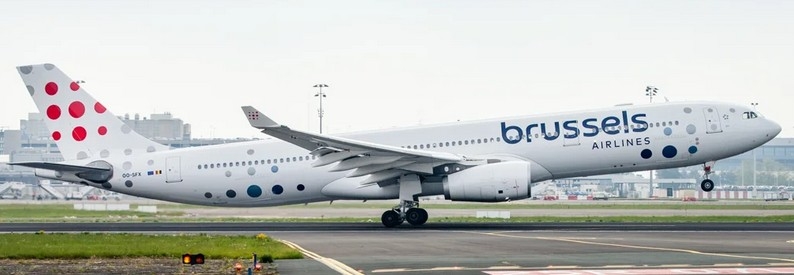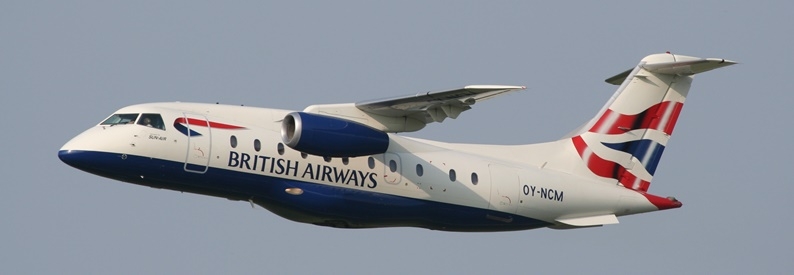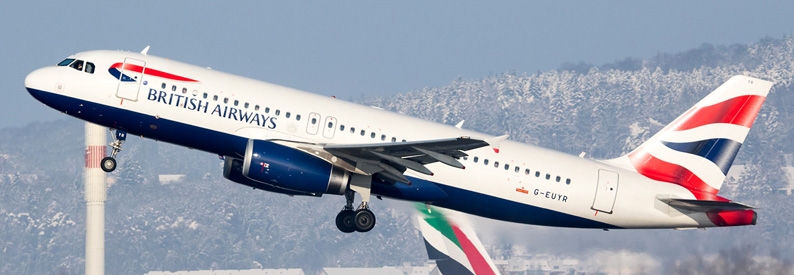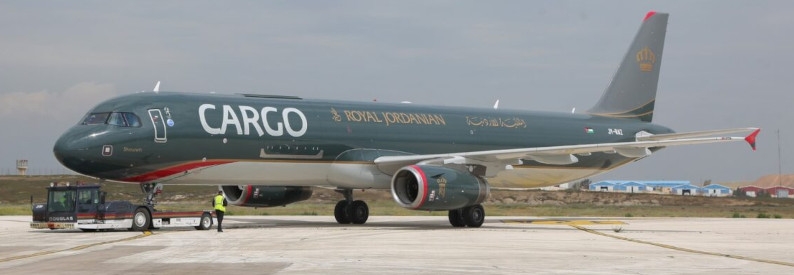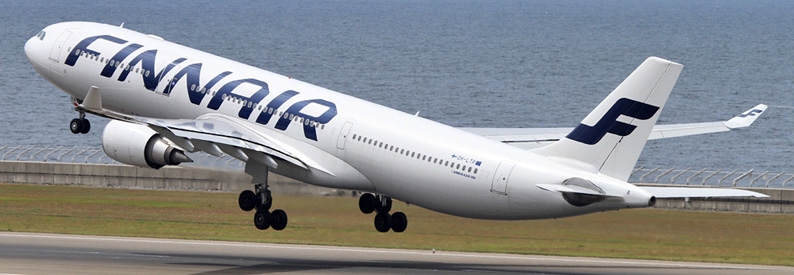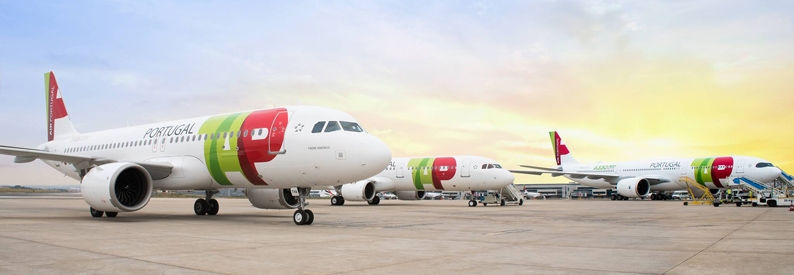Both the chief European Union Brexit negotiator Michel Barnier and the IATA Director General Alexandre de Juniac have expressed concerns about the approach taken by the United Kingdom government in preparation for Brexit in relation to air travel.
The Guardian reported that Barnier criticised the UK Brexit secretary Dominic Raab over London's attempts to contact other governments seeking new bilateral air travel agreements prior to Brexit.
In its Brexit guidance notice, the UK government said that it expected to have new bilateral agreements with 17 countries currently covered by the EU-wide pacts in place on the date of Brexit. This would require London to actively negotiate new agreements while it is still formally part of the EU.
After leaving the EU, the UK would stop being covered by EU-wide treaties and, as such, would risk losing all air traffic to these 17 countries, including the United States, Canada, Switzerland, and Norway, until new bilaterals are agreed and ratified.
IATA's boss de Juniac meanwhile said in a statement that while the guidance notice is welcomed, it underplays the legislative and regulatory risks associated with Brexit.
"While we still hope for a comprehensive EU-UK deal, an assumption that 'it will be all right on the night' is far too risky to accept. It is not just permission for flights to take off and land. Everything from pilots' licenses to security arrangements needs to be agreed. Much of this could be secured through mutual recognition of existing standards. But formalizing this cannot happen overnight," de Juniac said.
The UK government said that in the case of a hard/no-deal Brexit it would grant all necessary traffic rights to EU carriers wishing to fly to the UK, and that it would expect the EU member states to reciprocate.
The UK is due to leave the European Union on March 29, 2019. Terms of the leaving itself and the regulations governing the future UK-EU relationship are still under negotiation.
